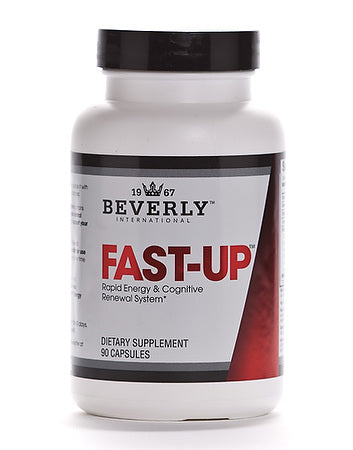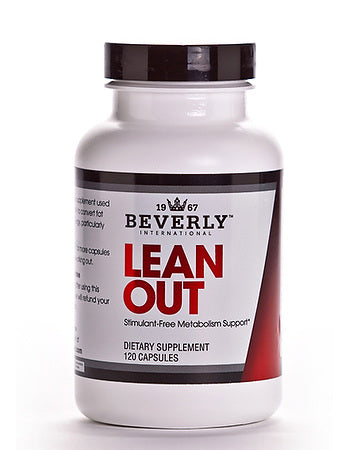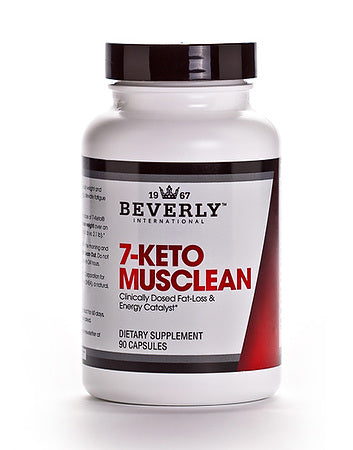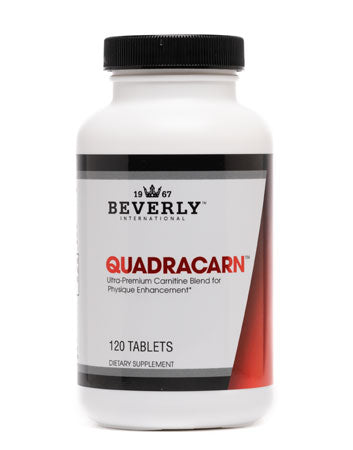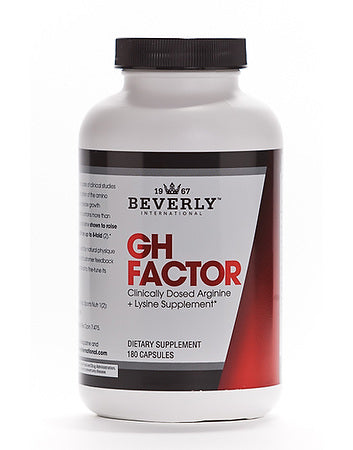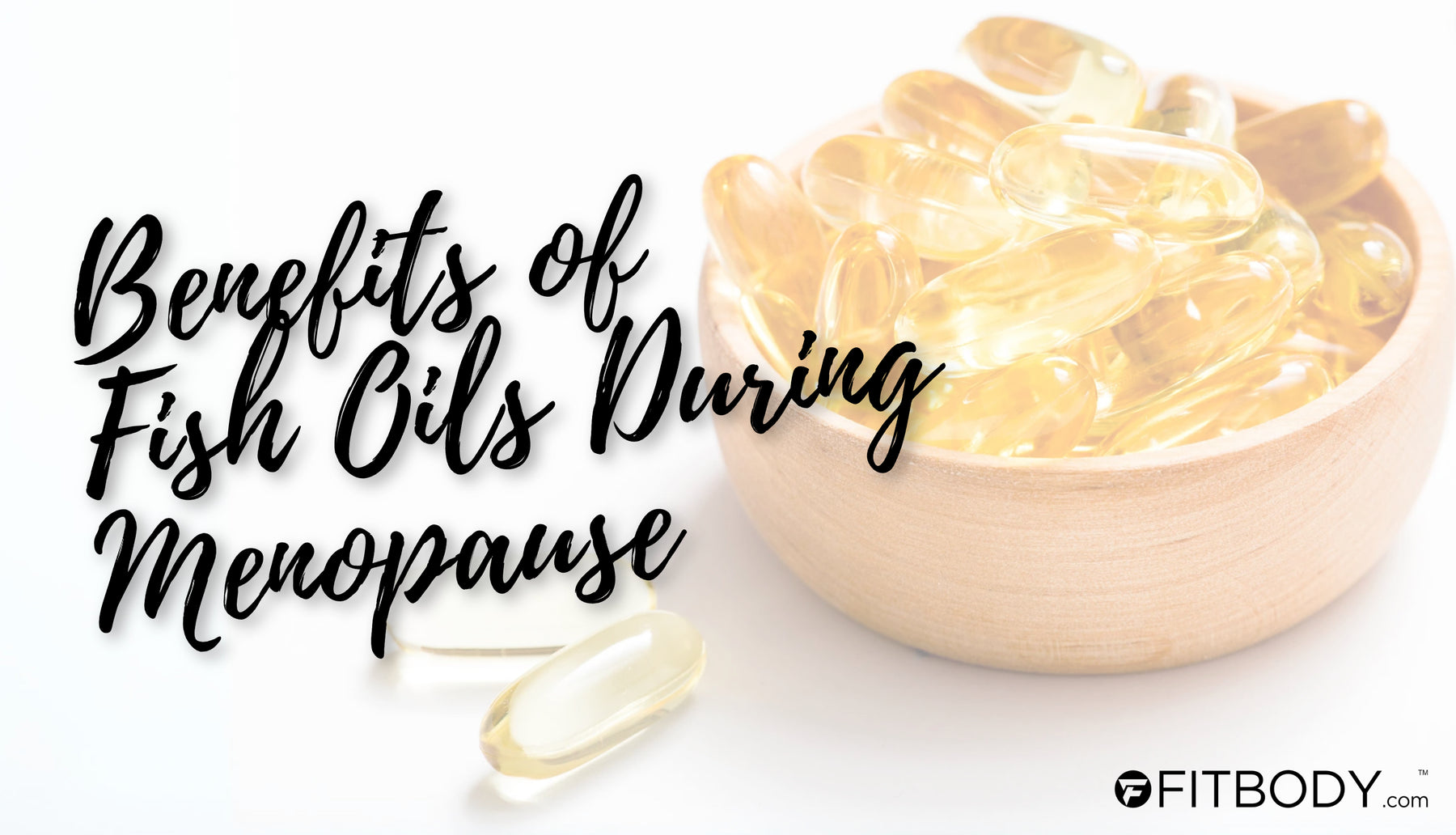
Omega-3, 6, & 9 Benefits for Menopausal Women: A Deep Dive into Fish Oil
What Are The Benefits Of Fish Oil For Women?
Fish oil, rich in omega-3 fatty acids, offers a multitude of health benefits for women. These benefits stem from its anti-inflammatory properties and its essential role in cellular function. Here's an overview of the key benefits:
-
Heart Health: Omega-3 fatty acids in fish oil help reduce the risk of heart disease by lowering blood pressure, reducing triglyceride levels, and decreasing the likelihood of abnormal heart rhythms.
-
Bone Health: As women age, they're at a higher risk of osteoporosis. Fish oil may improve bone strength by increasing the amount of calcium in bones, which can lead to a reduction in the risk of osteoporosis.
-
Mental Health Support: Consumption of fish oil has been linked to a lower risk of depression and anxiety. The omega-3s can influence brain function, improving mood and emotional well-being.
-
Inflammatory Conditions: Omega-3 fatty acids can reduce the production of substances and molecules linked to inflammation, offering relief from conditions such as rheumatoid arthritis.
-
Menopausal and Perimenopausal Support: Fish oil may help alleviate some menopausal symptoms, such as hot flashes and night sweats, thanks to its omega-3 content.
-
Skin Health: Omega-3s help maintain healthy skin, reducing the effects of aging and protecting against sun damage.
-
Pregnancy and Breastfeeding: For pregnant and breastfeeding women, omega-3s are crucial for the development of the baby's brain and eyes.
It's important to note that while fish oil offers these benefits, it should be part of a balanced diet and, if needed, a supplement plan discussed with a healthcare provider to ensure it meets individual health needs and conditions.
What Specifically Can Fish Oil Supplementation Do To Help Women In Menopause?
Featured Supplements
-
Original price $36.95Original price $36.95 - Original price $36.95Original price $36.95Current price $27.75$27.75 - $27.75Current price $27.75
Beverly International Fast Up
Beverly International Fast Up Early morning pre-workout and afternoon kick start supplement that helps with rapid energy & can boost cognitive ...
View full detailsOriginal price $36.95Original price $36.95 - Original price $36.95Original price $36.95Current price $27.75$27.75 - $27.75Current price $27.75Save $9.20 -
Original price $36.95Original price $36.95 - Original price $36.95Original price $36.95Current price $26.95$26.95 - $26.95Current price $26.95
Beverly International Lean Out
Beverly International Lean Out The No Jitters Weight Loss Supplement Put your metabolism on the fast-track to lean!* Lean Out is a must-have on for...
View full detailsOriginal price $36.95Original price $36.95 - Original price $36.95Original price $36.95Current price $26.95$26.95 - $26.95Current price $26.95Save $10.00 -
Original price $45.00Original price $45.00 - Original price $45.00Original price $45.00Current price $33.95$33.95 - $33.95Current price $33.95
Beverly International 7 Keto MuscLEAN
Beverly International 7-Keto MuscLean Beverly International 7-Keto MuscLean is a stand-out among fat-loss products: While other brands may tout th...
View full detailsOriginal price $45.00Original price $45.00 - Original price $45.00Original price $45.00Current price $33.95$33.95 - $33.95Current price $33.95Save $11.05 -
Original price $42.95Original price $42.95 - Original price $42.95Original price $42.95Current price $31.95$31.95 - $31.95Current price $31.95
Beverly International Quadracarn
Quadracarn from Beverly International Beverly International Quadracarn (pronounced “kwa-dra-carn”) really does do it all! Energy, recovery, stre...
View full detailsOriginal price $42.95Original price $42.95 - Original price $42.95Original price $42.95Current price $31.95$31.95 - $31.95Current price $31.95Save $11.00 -
Original price $46.00Original price $46.00 - Original price $46.00Original price $46.00Current price $34.95$34.95 - $34.95Current price $34.95
Beverly International GH Factor
Beverly International GH Factor: Advanced Competition Formula Safe, all-natural support.GH Factor may support healthy growth hormone (GH) secretion...
View full detailsOriginal price $46.00Original price $46.00 - Original price $46.00Original price $46.00Current price $34.95$34.95 - $34.95Current price $34.95Save $11.05

